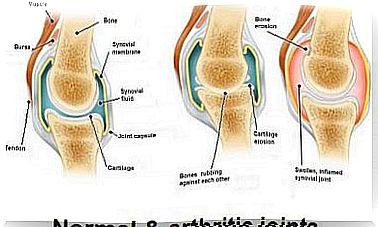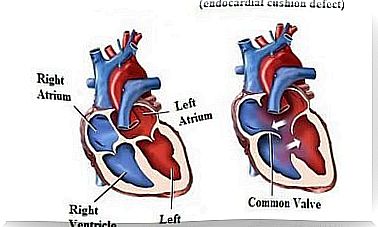What Are The Different Types Of Medicine?

The different types of medication can be classified according to their effect, route of administration or therapeutic effects. WHO uses the ATC code (Anatomical, Therapeutic, Chemical). This is a European coding system for pharmaceuticals and types of medicines.
According to this system, each medicinal product has an ATC code given in its technical sheet. This code consists of seven alphanumeric digits. At present, however, the same active ingredient may have more than one ATC code if it has different uses.
Let’s take a closer look at it.
What is a drug?
A medicinal product is a medicine, a substance or a combination of several substances that has properties that are used to treat or prevent diseases.
In addition, people take medication to restore, correct, or alter physiological functions. Drugs also exert a pharmacological, immunological or metabolic effect.

Active ingredient
This is the component that is responsible for the activity of the drug. It is also any substance of humans, animals, plants, chemicals or other origin that works by itself in our bodies. In addition, it is important to know that a medicine may contain one or more active ingredients.
Excipients
In general, medicines require only a very small amount of active ingredients. Therefore, it is mixed with excipients to help its effectiveness. These are inactive substances that are added to the active ingredients for these purposes:
- Serve as a vehicle.
- Make preparation stability possible.
- Improve organoleptic properties.
- Determine the physico-chemical properties of the drug as well as its bioavailability.
Certain excipients must be listed on the packaging of the medicine. This is especially true for some sweeteners that need to be noted for people with diabetes or lactose intolerant people.
How do they classify the different types of medicine?
In general, we use medications that relieve symptoms such as fever, pain, allergies and many other ailments that affect our bodies.
To learn to differentiate between different types of medication, the simplest classification is based on the main pharmacological actions or therapeutic effects.

Pain reliever
This group of drugs helps relieve pain caused by injuries, blows or wounds. Analgesics can also be opioid or non-opioid.
Use of opioids can lead to addiction, such as morphine addiction. Therefore, you should only use them under medical supervision. However, non-opioids, like paracetamol, can be purchased without a prescription.
Antipyretic
Mostly people take these drugs to reduce fever. However, they also have analgesic properties such as paracetamol and acetylsalicylic acid (aspirin).
Types of medications: Laxatives and medications for diarrhea
Laxatives are medications that help relieve occasional constipation or constipation as a side effect of other medications. To do so, they act as lubrication, stimulation of bowel movement or by increasing bolus.
However, you should not use these drugs for a long time. If you do, the bowel will not work properly. This is because the intestinal flora will change and you will not be able to absorb nutrients properly. People also use diarrhea medication to reduce the number and consistency of stools in case of diarrhea.
Anti-infective drugs
Within this group, they classify the substances according to the substance causing the infection :
- Antibiotics for bacterial infections.
- Fungicides for yeast infections.
- Antiviral agents for viral infections.

Types of medications: Antitussives and expectorants
This type of medication is used to treat irritating, non-productive coughs. To do so, they act on the central or peripheral nervous system to suppress the cough reflex.
In addition , expectorants help dilute mucus and help get rid of it. As a result, the patient can breathe more easily.
Types of drugs: Acid neutralizing
These drugs reduce acidity and stomach secretions. They neutralize acidity or reduce the acid production in the stomach. In addition, one of the most well-known antacids is omeprazole.
Allergy medicine
This includes medications that alleviate the negative effects of allergies. In addition, they help with hypersensitivity reactions. Antihistamines are the ones that people use the most.
Conclusion
Finally, there are many drugs, and the amount of them continues to grow, as is the case with biological drugs. It is important to use medications carefully and go to a professional to avoid self-medication.









